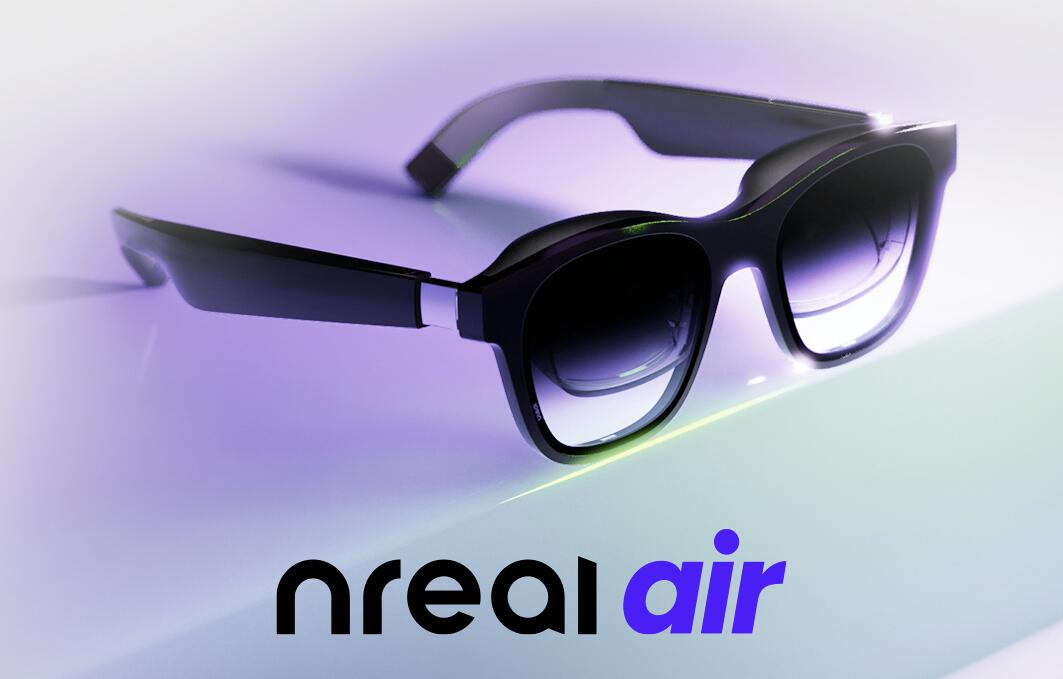Nio announced the panoramic digital cockpit PanoCinema when it unveiled the ET5 sedan, and introduced the first AR device built jointly by it and Nreal.
(Image credit: Nreal)
Nio (NYSE: NIO, HKG: 9866) Day 2021 late last year brought more attention to Nreal, and now the augmented reality (AR) startup closed a new round of funding.
Nreal today announced the closing of a $60 million Series C+ round of funding led by Chinese e-commerce giant Alibaba (NYSE: BABA, HKG: 9988), according to information released by the Nio Capital portfolio company.
The financing will be used to increase R&D spending, broaden diversified application scenarios, and accelerate market expansion, Nreal said.
In the past 12 months, Nreal has closed a cumulative $200 million in financing, the company said.
Its investors also include Kuaishou, Nio Capital, Yunfeng Capital, Sequoia China, Hillhouse Capital, CICC Capital, Shunwei Capital and iQiyi, according to the company.
Founded in January 2017, Nreal is dedicated to AR technology development with a core team from Magic Leap, Google, Microsoft, NVIDIA, AMD, Tencent, Lenovo, and Xiaomi.
On September 23 last year, Nreal announced the completion of a Series C funding round of over $100 million, co-led by Nio Capital, Yunfeng Capital, and Hongtai Capital.
William Li, founder, chairman and CEO of Nio, announced the panoramic digital cockpit PanoCinema and introduced AR devices for the first time when he unveiled the ET5 sedan at Nio Day 2021 on December 18 last year.
Nio and Nreal have jointly developed exclusive AR glasses that project a 6-meter field of view, according to the EV maker.
Li provided little information at the time, though Nreal later gave more details.
The AR glasses are based on Nreal's existing product, Nreal Air, a giant screen theater hidden behind stylish sunglasses, the company said in a post.
"As we approach the age of the metaverse, the Nio ET5 exclusive AR glasses, developed based on Nreal Air, will help Nio make the in-car visual experience transcend the limits of space," Nreal said.
